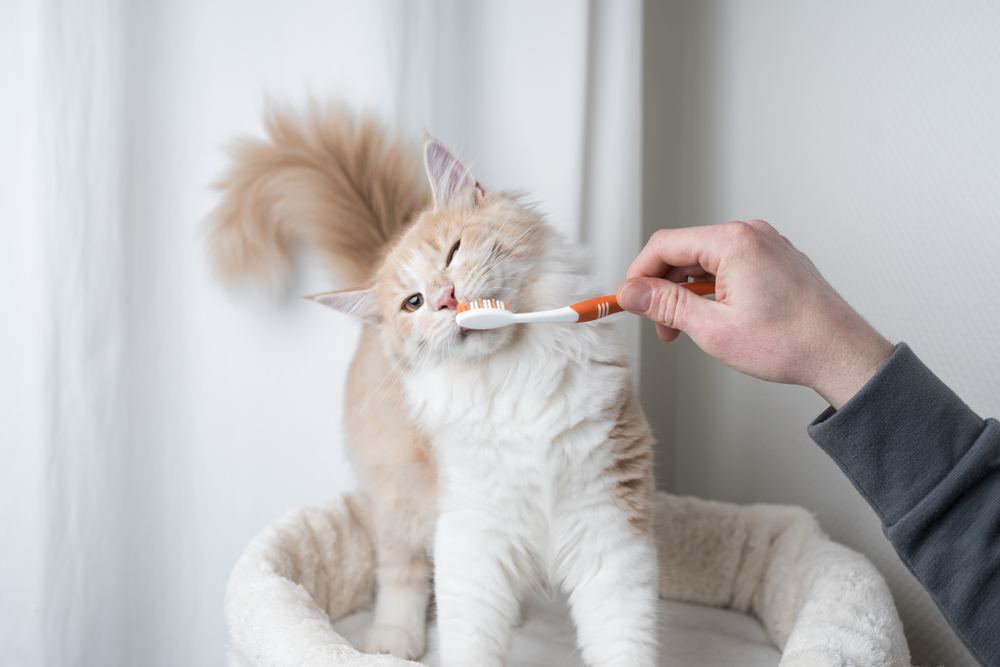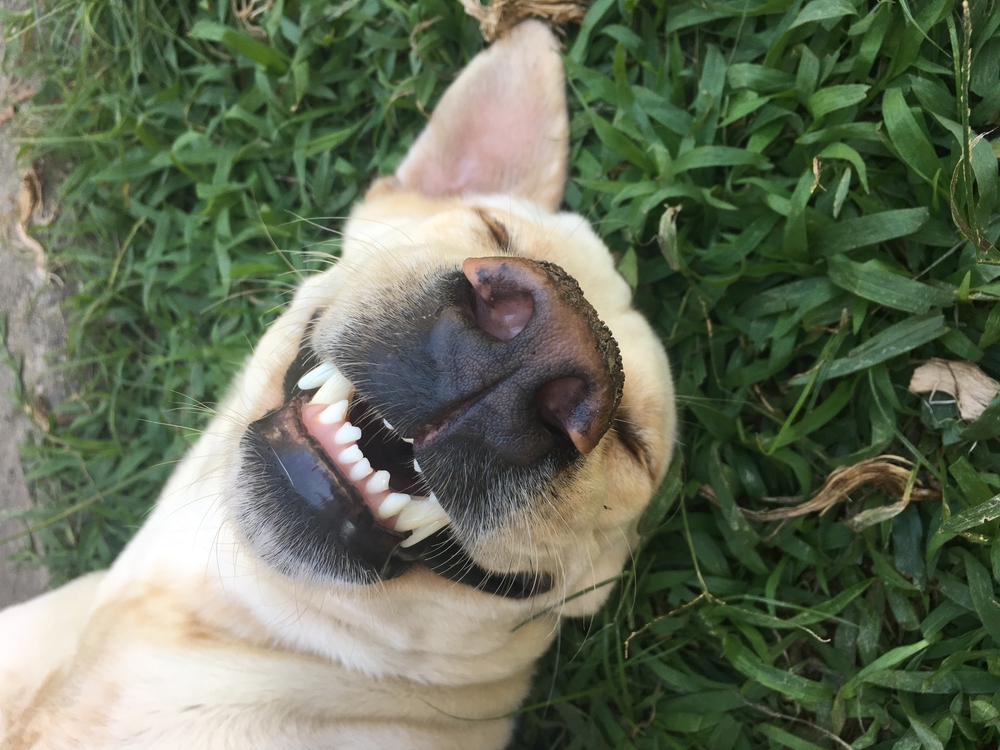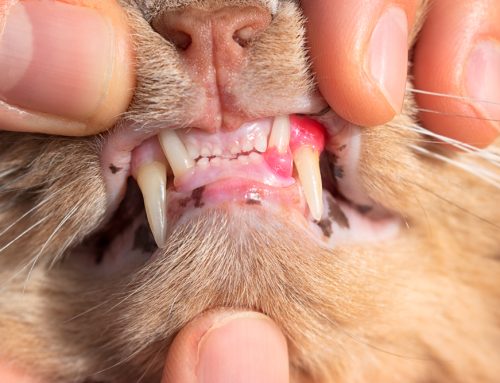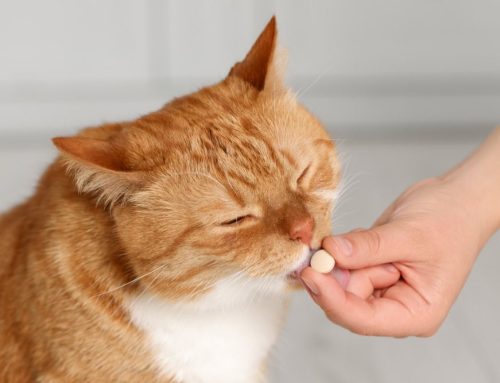As a responsible pet owner, you prioritize your furry friend’s well-being through daily walks, a balanced diet, and regular veterinary checkups. However, one crucial pet care aspect that is often overlooked is dental health. February is National Pet Dental Health Month, and our Aberdeen Veterinary Clinic team wants you to understand the importance of maintaining your dog’s or cat’s optimal oral hygiene.
Why is dental health important for pets?
If your pet develops dental disease, they can experience various issues. Dental diseases, including gingivitis and periodontitis, cause pain and discomfort and can significantly impact your pet’s eating habits. Regular dental checkups play a pivotal role in catching these problems early, preventing them from escalating into severe conditions.
Contrary to popular belief, proper dental care is not only about preserving a pet’s pearly whites; it can help them have a long, healthy life. Dental diseases can affect vital organs, such as the heart and kidneys, potentially shortening a pet’s life span. Prioritizing your pet’s dental health is vital to safeguarding their overall well-being.
Consider the discomfort of a persistent toothache. Pets, unable to express pain verbally, may exhibit changes in behavior or eating habits if they are experiencing oral pain. Maintaining your pet’s dental health helps ensure that your furry friend will enjoy a pain-free and comfortable life.
How to promote dental health in your pet
Brushing your pet’s teeth is a fundamental practice for preventing dental issues. Use a small toothbrush and pet-safe toothpaste, gradually introducing the routine to make it a stress-free experience for both you and your pet.
Opt for nutritious pet food specifically designed to promote dental health. Dental treats and toys can also aid in reducing plaque and tartar buildup. These options satisfy your pets’ taste buds and contribute significantly to their dental well-being.
Regular veterinary checkups include a thorough dental examination. Professional cleanings are crucial to address plaque and tartar accumulation that regular toothbrushing might miss. Veterinarians can provide personalized advice based on your pet’s specific dental needs.
Consequences of poor dental health in pets
Pets suffering from dental issues may experience pain while eating or chewing a toy. Behavioral changes, such as increased aggression or reluctance to chew, could indicate underlying dental problems.
Poor dental health can spread beyond your pet’s mouth. Bacteria from dental diseases can enter the bloodstream, potentially affecting vital organs such as the heart, liver, and kidneys. Preventing dental issues becomes a proactive safeguard for your pet’s overall health.
Addressing advanced dental problems can be financially burdensome. Routine at-home and professional veterinary dental care is a wise investment that can help you avoid extensive dental treatment and surgery costs in the long run.
Importance of regular veterinary checkups
Regular veterinary visits extend beyond dental health; they are crucial for comprehensive pet care. These checkups include vaccinations, screenings for potential health issues, and discussions about your pet’s overall well-being. Maintaining a consistent veterinary visit schedule contributes to the early detection and prevention of dental disease.
The role of nutrition in pet dental health
While toothbrushing and professional veterinary dental cleanings are essential, nutrition also plays a vital role in maintaining your pet’s oral health. Consider feeding your pet a dental-specific diet that reduces plaque and tartar. These specially formulated diets often include ingredients that promote oral health, contributing to a holistic dental care approach.
Additional pet dental health tips

In addition to establishing your pet’s at-home toothrushing routine and scheduling their regular professional dental examinations and cleanings, you can promote your furry pal’s oral health in additional ways. Providing your pet with dental chews or toys can be beneficial. Ensure these products are suitable for your pet’s size, and always supervise them while they are chewing to ensure they avoid choking. You should also consider using dental additives in your pet’s water bowl. These additives can help reduce plaque and tartar formation and improve your furry pal’s oral hygiene. Regularly inspect your pet’s mouth for dental disease signs. Red or swollen gums, bad breath, or eating habit changes can indicate that your pet has oral health problems that require veterinary attention.
By proactively protecting your pet’s dental health, you enhance your furry pal’s quality of life and help extend their longevity. Schedule your pet’s dental checkup with our Aberdeen Veterinary Clinic team.







Leave A Comment